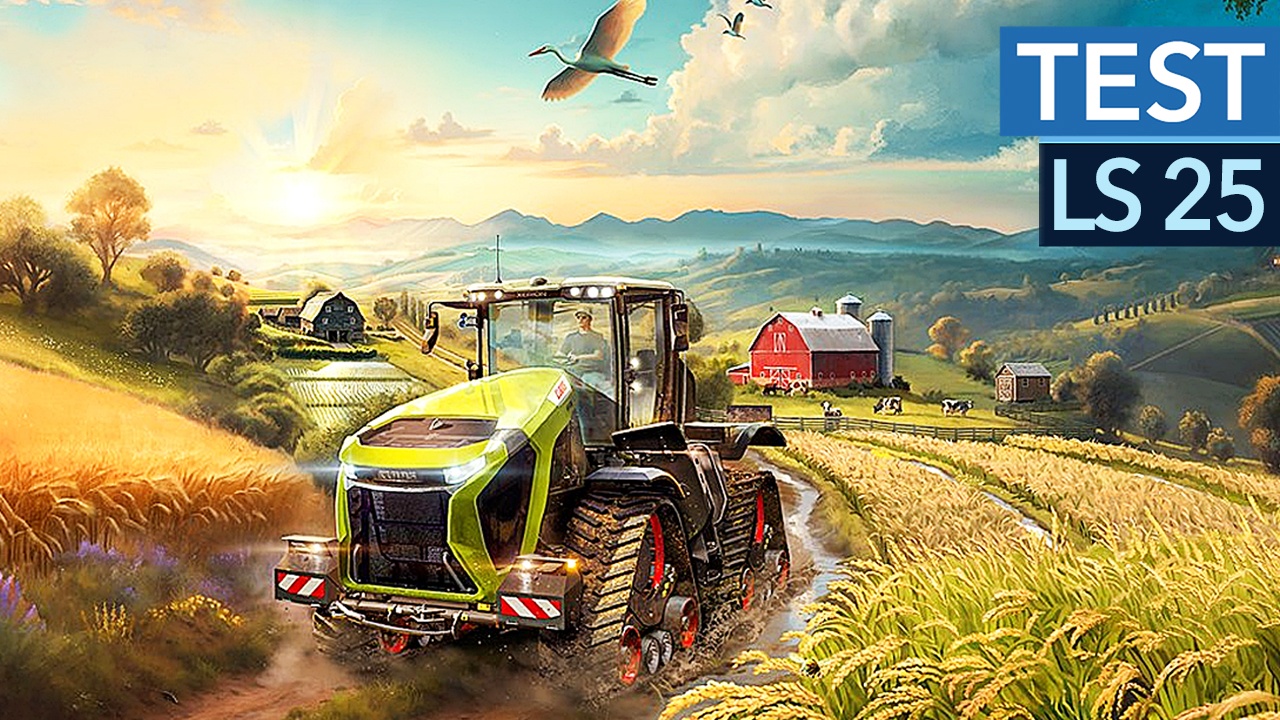For some time now, NFTs have divided a very significant part of the video game industry. A new market model or simple speculation? Well it all depends on the way these Non Fungible Tokens are implemented in each game and the infrastructure that is used. That said, it seems that sooner rather than later everyone will have to take positions.
Ubisoft will bet heavily on its own model, although part of its staff is not very clear about it, while Phil Spencer, the head of Xbox, is not interested in the phenomenon. For its part, Yosuke Matsuda, the president of Square Enix, takes an open position to its implementation in video games in your letter of entry to the new year, but with conditions.
On the one hand, and according to Matsuda himself, there is great interest in this type of market both by consumers and companies. Contents with a unique added value for each player. However, as it is a very recent and rapidly expanding phenomenon, you are aware that it is also enormous speculation has been generated.
In the words of the president of Square Enix, one of the big problems is when this speculation of NFTs occurs regardless of the observed value of the content provided.
The advent of NFTs using blockchain technology significantly increased the liquidity of digital products, allowing a variety of such products to be traded at high prices and sparking conversations around the world.
I see 2021 not only as “Metaverse: Year One”, but also as “NFT: Year One”, given that it was a year in which NFTs were greeted with great enthusiasm by a rapidly expanding user base. However, we see examples here and there of overheated trade
on NFT-based digital goods with somewhat speculative overtones, regardless of the observed value of the content provided.
In other words: you can implement unique and interesting content or simply generate content that benefits mere speculation. And although the latter is inevitable, Matsuda is confident that there will come a point where this irregular offer motivated by uncertainty will end up being regulated naturally. when the general public is used to NFTs.
This is obviously not an ideal situation, but I hope to see a gradual readjustment in digital goods offerings as they become more common among the gener al public.
Trading NFTs through video games is not just speculation, but that there are many doubts regarding your future It is something that has crossed our minds: at the user level, being the pioneers in a phenomenon that is in its initial stage can be translated in huge profits, but neither are we certain that the value of these will continue to rise in four or five years.
Which results in that -as Matsuda suggests- at the end, when this initial stage has passed, as consumers we bet on getting what really interests us or -basically- we stay on the sidelines as before.
The objective: to generate a model of NFTs capable of offering self-sustained growth to each video game

Beyond the phenomenon of NFTs itself, the video game industry is going through a transition stage of its own that continues to revolve around a not so clear concept: the license to use content. Especially when services and subscriptions have begun to take away from the traditional market model.
From here it is worth making an assessment: if we buy a copy of a video game, whether on disk, game card or in digital format, we do not become the owners of its content, but we acquire the right to be able to play it under very specific conditions. The game itself is owned by its developers, producers, and sometimes distributors.
This is not something new: anyone who has had a movie on VHS or DVD will remember that at the beginning of the movie it was insisted through a message that the unauthorized reproduction or use of its content was punishable by law. By extension, and no matter how much the disc of any game is ours, its content does not belong to us; Unless we have made the game ourselves.
With the issue of NFTs, however, we are the owners of what we acquire. Without turning the page. And that, on the other hand, generates a direct and dynamic relationship between video game companies (large or small) and gamers. And if it is through a very specific article or aspect within a game, a special bond with the video game itself is also generated.
Using the same example as our colleague Rubén, two 10 euro bills are worth the same. But if one of the two has a doodle of Shigeru Miyamoto (for example) a new additional value is generated. Any ATM will not make the difference between both bills when it comes to charging us, but the holder of the same may develop a special bond and even obtain more than its original value in case someone is interested.

That same example can be given in video games. For example, with an exclusive look of a character. A unique suit for our favorite fighter or an exclusive helmet for our character in any shooter. And in this regard, what is proposed to us with the NFTs is the assurance that we are the rightful owner of that item.
Sometimes as sole consumers and owners, but also, with an adequate implementation and infrastructure, as a seller of what we no longer want or whatever we produce. A scenario that Matsuda sees quite viable
With the advances in the economies of [NFTs], users will receive explicit incentives, resulting not only in greater consistency in their motivation, but also creating a tangible advantage for their creative endeavors. I think this will lead to more people being dedicated to such endeavors and a greater chance for the games to grow in exciting ways.
From having fun to making money to contributing, a wide variety of motivations will inspire people to play games and connect with each other. It is the blockchain-based tokens that will allow this. By designing viable economies of NFTs in our titles, we will enable self-sustained growth of the video game.
Logically, these ideas fit more with some games than with others. In the case of Square Enix, without going any further, it could involve offering totally original characters and outfits in MMORPG titles like Final Fantasy XIV or the recently announced Star Ocean The Divine Force. Although, as we discussed, these possibilities should be better explored.

Does that mean Square Enix games will start implementing NFTs? As we already mentioned, Matsuda leaves that door open, what we can take for granted is that the company behind hits like Final Fantasy, Dragon Quest or Tomb Raider is attentive to the social changes that are taking place without ruling out creating your own NFTs in the future.
The basic and elementary technologies to enable blockchain games already exist, and there has been a rise in social literacy and acceptance of crypto assets in recent years.
We will keep an eye on the societal changes in this space as we listen to the many user groups that populate it and redouble our efforts to build a business accordingly, with a view to potentially issuing our own tokens in the future.
The implementation of NFTs in video games seems to be one of the hallmarks of the new generation that has just started. These Non Fungible Tokens Will they come to stay or will the phenomenon last until the end of the same generation? Time will tellBut Square Enix is already preparing for the former.










